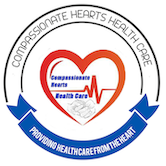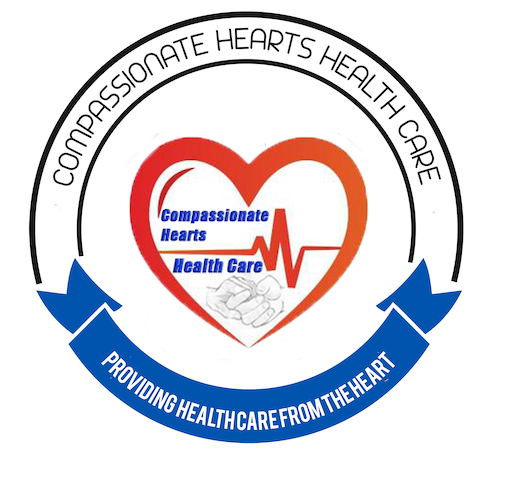Nursing care services are an essential component of healthcare delivery, providing skilled and compassionate care to individuals across various settings, including hospitals, clinics, long-term care facilities, and home environments. Registered Nurses (RNs) play a pivotal role in delivering nursing care services by conducting comprehensive assessments, developing care plans, and providing direct patient care. In this article, we will explore the importance of nursing care services and the role of RN assessment in promoting patient health and well-being.
Understanding Nursing Care Services
Nursing care services encompass a wide range of healthcare interventions aimed at promoting, maintaining, or restoring health and well-being. These services are provided by licensed nurses, including Registered Nurses (RNs) and Licensed Practical Nurses (LPNs), under the direction of physicians or nurse practitioners. Nursing care services include:

1. Assessment: Conducting comprehensive assessments of patients’ physical, emotional, and psychosocial needs to identify health issues, risks, and strengths.
2. Planning: Developing individualized care plans based on assessment findings, evidence-based practice guidelines, and patient preferences and goals.
3. Implementation: Providing direct patient care, including administering medications, performing treatments and procedures, and providing education and support to patients and families.
4. Evaluation: Monitoring patient responses to interventions, reassessing their condition, and modifying care plans as needed to achieve optimal outcomes.
The Role of Registered Nurse Assessment
Registered Nurses (RNs) play a critical role in the healthcare team, serving as advocates, educators, and care coordinators for patients and families. RN assessment is a fundamental aspect of nursing practice, involving the systematic collection and analysis of data to inform nursing interventions and promote positive patient outcomes. The key components of RN assessment include:
1. Physical Assessment: RNs conduct thorough physical assessments of patients, including vital signs, neurological status, cardiovascular and respiratory status, and skin integrity. Physical assessment helps identify abnormalities, changes in condition, and potential areas of concern that require further evaluation or intervention.
2. Psychosocial Assessment: RNs assess patients’ psychosocial needs, including their emotional, mental, and social well-being. This may involve evaluating patients’ coping mechanisms, support systems, cultural beliefs, and preferences for care. Psychosocial assessment helps RNs identify factors that may impact patients’ health and recovery and develop holistic care plans that address their unique needs.
3. Medication Assessment: RNs review patients’ medication histories, including prescription medications, over-the-counter drugs, supplements, and herbal remedies. They assess patients for medication allergies, adverse drug reactions, drug interactions, and medication adherence issues. Medication assessment ensures the safe and effective use of medications and helps prevent medication-related problems.
4. Nutritional Assessment: RNs evaluate patients’ nutritional status and dietary intake to identify nutritional deficiencies, malnutrition, or swallowing difficulties. Nutritional assessment may involve assessing patients’ dietary preferences, food allergies, and dietary restrictions and providing education and support to promote healthy eating habits and optimal nutrition.

5. Functional Assessment: RNs assess patients’ functional abilities and limitations, including mobility, activities of daily living (ADLs), and instrumental activities of daily living (IADLs). Functional assessment helps RNs identify patients’ needs for assistance, adaptive equipment, or rehabilitation services and develop care plans to improve functional independence and quality of life.
6. Pain Assessment: RNs assess patients’ pain intensity, location, quality, and duration to identify pain-related issues and develop individualized pain management plans. Pain assessment involves using validated pain assessment tools, observing patients’ verbal and nonverbal cues, and collaborating with patients to identify effective pain relief strategies.
Benefits of RN Assessment in Nursing Care Services
1. Early Detection of Health Issues: RN assessment helps identify health issues, risks, and changes in patient’s condition early, allowing for prompt intervention and prevention of complications.
2. Individualized Care Planning: RN assessment informs the development of individualized care plans tailored to meet each patient’s unique needs, preferences, and goals.
3. Improved Patient Outcomes: RN assessment promotes positive patient outcomes by ensuring that nursing interventions are evidence-based, timely, and responsive to patients’ needs.
4. Enhanced Patient Safety: RN assessment helps identify potential safety risks, such as falls, medication errors, and infections, and implement measures to prevent adverse events and ensure patient safety.
5. Patient and Family Education: RN assessment provides opportunities for patient and family education, empowering them to participate in their care, make informed decisions, and promote self-management and health literacy.
In conclusion, nursing care services are essential for promoting health, preventing illness, and supporting recovery across various healthcare settings. Registered Nurses (RNs) play a central role in delivering nursing care services by conducting comprehensive assessments, developing individualized care plans, and providing skilled and compassionate care to patients and families. RN assessment is a critical component of nursing practice, guiding nursing interventions, promoting positive patient outcomes, and enhancing patient safety and satisfaction. By prioritizing RN assessment in nursing care services, healthcare organizations can ensure the delivery of high-quality, patient-centered care that meets the diverse needs of patients and promotes health and well-being.











